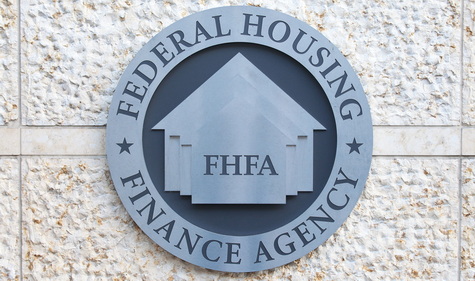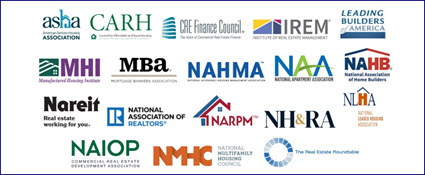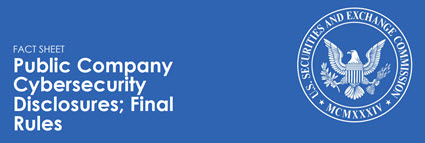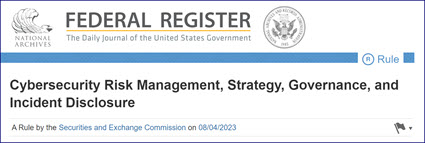House Ways and Means Committee Members Darin LaHood (R-IL) and Carol Miller (R-WV) recently called on Treasury Secretary Janet Yellen to withdraw a proposed IRS rule that would expand the reach of the Foreign Investment in Real Property Tax Act (FIRPTA) of 1980. The policymakers’ request followed a letter by The Real Estate Roundtable and 14 other real estate trade organizations that urged congressional tax-writing committees to oppose the FIRPTA proposal. (Letter to Yellen, July 28 and Industry coalition letter, March 1)
Retroactive Rewrite for REITs
Congressional CRE Concerns

Industry Response
Additionally, The Roundtable, Nareit, American Investment Council, Managed Funds Association, and ICSC submitted comments to Treasury in February in opposition to the proposed look-through rule. The organizations wrote that the regulation would “reverse decades of well-settled tax law, severely misconstrue the statute, and contradict Congressional intent.” (Letter to Treasury, Feb. 27)
# # #
 The Roundtable and an industry coalition recently submitted separate comments in response to a Request for Input from the Federal Housing Finance Agency (FHFA) on multifamily properties with mortgages backed by Fannie Mae and Freddie Mac (the Enterprises). The letters encourage the FHFA to remain focused on the Enterprises’ stated mission "to serve as a reliable source of liquidity and funding for housing finance and community investment.” The industry comments also raise concerns about the FHFA imposing counterproductive property restrictions, such as rent control, on multifamily properties backed by loans from the Enterprises. (Roundtable comments, July 28 and Industry coalition comments, July 31)
Industry Solutions
The Roundtable and an industry coalition recently submitted separate comments in response to a Request for Input from the Federal Housing Finance Agency (FHFA) on multifamily properties with mortgages backed by Fannie Mae and Freddie Mac (the Enterprises). The letters encourage the FHFA to remain focused on the Enterprises’ stated mission "to serve as a reliable source of liquidity and funding for housing finance and community investment.” The industry comments also raise concerns about the FHFA imposing counterproductive property restrictions, such as rent control, on multifamily properties backed by loans from the Enterprises. (Roundtable comments, July 28 and Industry coalition comments, July 31)
Industry Solutions


The Securities and Exchange Commission (SEC) finalized new rules last week by a vote of 3-2 that will require public companies to disclose more information about cybersecurity-related incidents, risk management, strategy, and governance. A joint comment letter by The Real Estate Roundtable and Nareit about the SEC proposal was cited nearly a dozen times in the final rule. (SEC fact sheet | Roundtable-Nareit comment letter, May 9, 2022)
Industry Objections
New Disclosures Required

The Roundtable’s Homeland Security Task Force will remain engaged with government officials and private sector partners on industry best practices to detect, protect, and respond to a variety of key threats, including cyber-attacks.
# # #